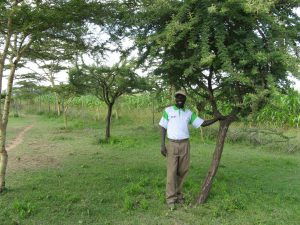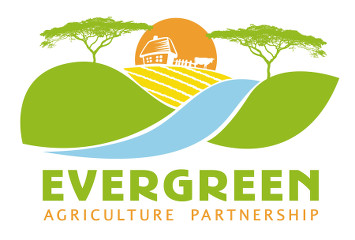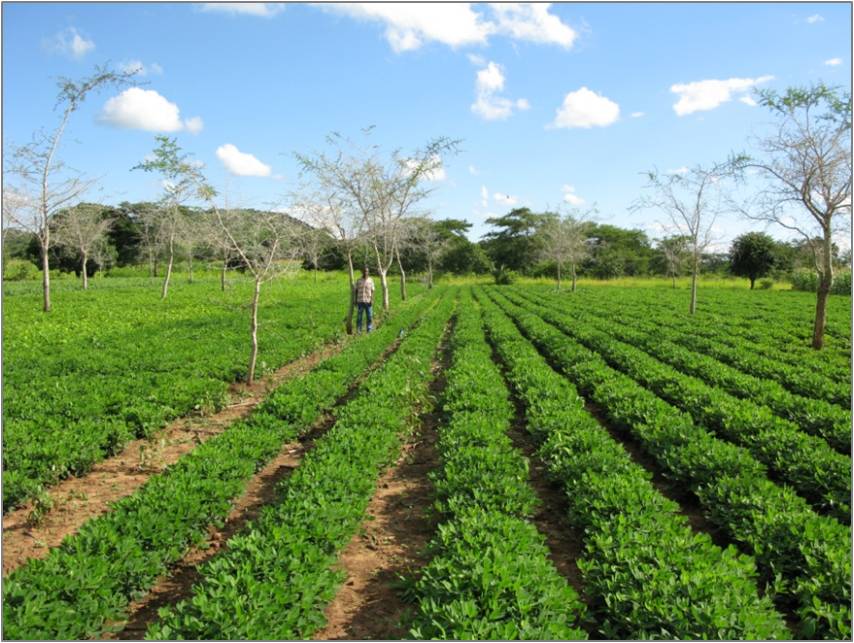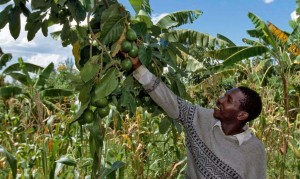 Over the last decade World Vision and partners have been working very hard to introduce Farmer Manager Natural Regeneration (FMNR) wherever a receptive ear can be found. Uptake generally follows the following pattern: First there is disbelief that this low cost, simple technique can be beneficial. Deep-seated paradigms such as “trees are bad for crops, trees grow too slowly and indigenous trees have no value” are challenged and so there is some push-back.
Over the last decade World Vision and partners have been working very hard to introduce Farmer Manager Natural Regeneration (FMNR) wherever a receptive ear can be found. Uptake generally follows the following pattern: First there is disbelief that this low cost, simple technique can be beneficial. Deep-seated paradigms such as “trees are bad for crops, trees grow too slowly and indigenous trees have no value” are challenged and so there is some push-back.
An enlightened few decide to pilot FMNR on a small scale. Within a short period, positive changes are self-evident; the landscape looks greener and now, with trees, is more pleasing to the eye. By thinning and pruning thorn tree thickets, light is allowed through to stimulate grass growth, and the trees themselves produce fodder. Improved habitat for natural predators results in fewer insect pests. Soil fertility increases. With lower temperatures and higher soil moisture holding capacity, when drought does occur, it has less impact.
As a result of these benefits, farmers are reporting more productive farmland, higher incomes, school fees are paid on time and without stress. Children are spending more time in school and, along with their mothers, are spending less time foraging for firewood. Hope for a bright future is being restored. Confidence is growing and farmers are investing more in agriculture, because it pays to do so and because the impact of drought and flood are reduced, there are less risks – allowing for new bee hives, improved seed, fruit trees, hay making and storage facilities. Incomes increase in line with these investments.




